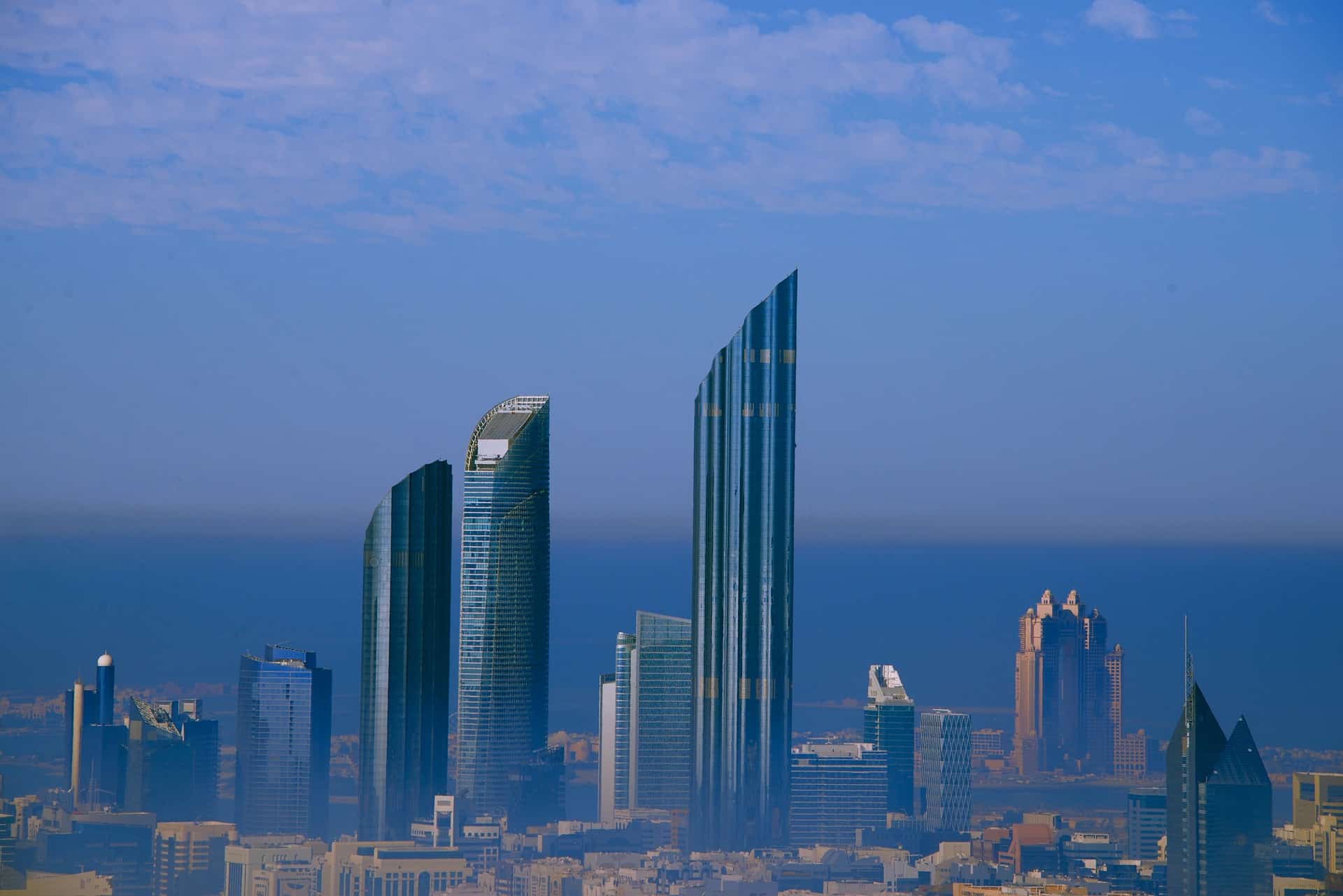The UAE’s newly-announced working week will not have any negative impact on the UAE and Gulf countries’ business relations, and they will adjust and accommodate as what used to be for international business on Fridays, industry experts have said.
The UAE on Tuesday, December 7, announced a new weekend and became the first country in the world to introduce a working week a shorter than the global five-day week.
The transition to the UAE’s four-and-a-half-day working week is expected to help enhance work-life balance and social well-being.
Bal Krishen, Chairman and CEO of Century Financial, told TRENDS, “Dozens of UAE-based and global enterprises will benefit from better international business contacts and prospects as a result of the new work week, which will enable smooth financial, commercial, and economic activities with nations that follow a Saturday-Sunday weekend schedule.”
Krishen added that the UAE’s new initiative is likely to have minimal impact on UAE-GCC business ties even though the UAE has decided to take a different stance than its GCC counterparts, because it is focusing to align its trade and finance activities more with the global network.
The UAE’s total exports for 2020 stands at $306.4 billion, out of which exports to Saudi Arabia — the largest GCC country — accounts for only $18 billion.
The trade between the two countries accounts for a mere 2.18 percent of their combined economies.
Anurag Chaturvedi, CEO of Chartered House Tax Consultancy, said: “The new-weekend announcement, which comes into effect from January 1, 2022, is great news for the entire world, including UAE residents. It brings UAE at par time with the world, and this will strengthen and smoothen business having one day more on a par with the world.”
Addressing the move, he added, “This will not change UAE-GCC business ties because it coincides with global standards, and most of the UAE’s trade with the GCC happens from outside the UAE. This change will make UAE-GCC business more integrated.”
Anthony Peter, Director of Customer Service at Panasonic Marketing MEA FZE, told TRENDS, “Thanks to wise leadership, the UAE is leading the way to put the challenges behind and find ways to improve the economy and challenge the norms. The new rule will help it sync with international (non-GCC) business. For the GCC, except for Sunday, business will over a period of time adjust.”
Talking about UAE and Saudi Arabia business relations, Nadeem Khanzadah, ex-senior director at Saudi Arabia’s ALJ Electronics, said, “I don’t foresee a negative impact on UAE-Saudi Arabia ties because of the weekend change. Considering the huge cultural and corporate change underway in Saudi Arabia now, it’s more likely that in a few years it too may adopt a similar workweek plan.”
Economic impact
Bal Krishen of Century Financial said that from an economic perspective, the new working week is set to better align the UAE with global markets, reflecting the country’s strategic status on the global economic map.
The move would also bring the UAE’s financial sector into closer alignment with real-time global trading and communications-based transactions such as those driving global stock markets, banks, and financial institutions, Krishen added.
“The UAE being the first gulf country to switch to a Saturday-Sunday workweek that is similar to most countries showcases the nation’s efforts to fade the barriers between the West and the Middle East,” he said.
“Furthermore, the UAE has rolled out significant initiatives wherein foreign investors are granted full ownership of specific businesses, giving the UAE an additional competitive advantage over other GCC countries.”
Private sector
The business sector and public and private schools modified their working patterns when the UAE’s working week moved from Thursday-Friday to the current Friday-Saturday in 2006.
The private sector in the UAE is expected to adopt the new workweek schedule this time as well.








